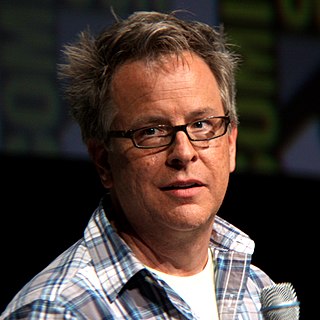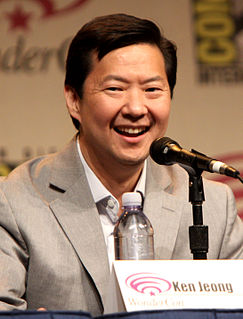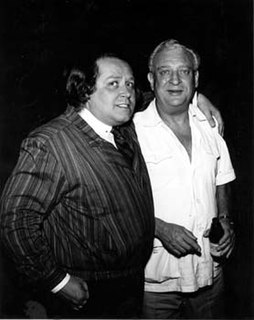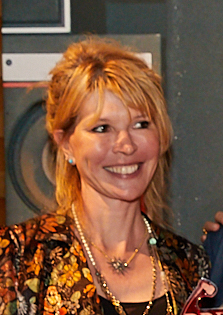A Quote by Rhys Darby
The only thing I can say in comparison is when I play comedy characters; I definitely put empathy in right up at the forefront. I think if you believe in someone because you not necessarily feel sorry for them, but you can see how they are the way they are and you can laugh with them, but rather than laugh at them, you are on their side and I think it's
Related Quotes
I think comedy is so much easier to do on the page than it is in real life. When I'm writing, comedy is an easy way to win over the reader. You're automatically more disposed to keep reading, thinking maybe, "I'll get another laugh or two." I think it's a survival instinct in me. I mean, you don't want to lose these guys within five or ten pages. You want them to keep going. I think to some extent it's a desperate measure that I throw out there, because a novel isn't a complete waste of time if it made you laugh.
You aim comedy up. If comedy is aimed down, you're a jerk. You laugh at the powerful as a way of bringing them down to your level or bring yourself up to theirs. Donald Trump doesn't actually laugh. I've never seen him do anything other than smirking. He doesn't have a sense of humour. He's just mean.
The first purpose of comedy is to make people laugh. Anything deeper is a bonus. Some comedians want to make people laugh and make them think about socially relevant issues, but comedy, by the very nature of the word, is to make people laugh. If people aren't laughing, it's not comedy. It's as simple as that.
I think I was drawn to comedy originally because when I was really young, by the time I was eight I had seen movies like The Jerk, Animal House, and Planes, Trains & Automobiles with my dad, and I knew them by heart. I loved them and my dad loved them, and we would laugh together, and I would think, 'This is love.' I just wanted to make people feel like that.
I think it's one of the nicest privileges as an actor is to know that you can move people in one moment, make them think about their lives, or make them laugh or make them cry or make them understand something. Or just make them feel something because I think so many of us, including myself, spend too much time not feeling enough, you know?


































